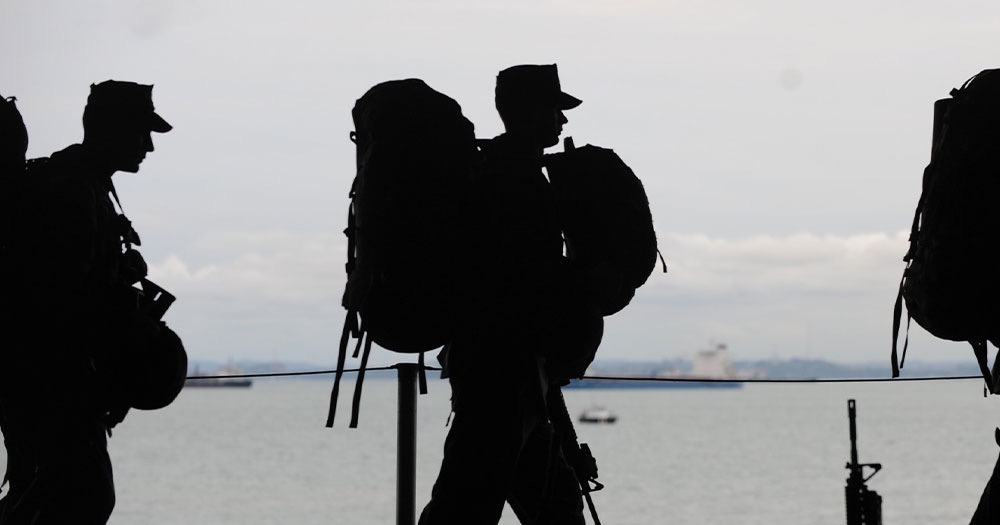The military’s punitive ban on HIV Positive people joining the armed forces was implemented in 1985 during the HIV epidemic.
Under this policy, people living with HIV were not able to joined the armed forces, and anyone diagnosed with the virus while serving were declared no longer “fully fit.” Unfortunately, this meant they wee unable to be deployed on certain operations, including deployment overseas with their units.
The ban included those taking medication like PrEP to protect against the transmission of HIV. Previously, those taking the medication were viewed as a burden that the armed forces refused to permit. Now, PrEP will be treated the same as taking contraception; it does not serve as a barrier and the medical treatment will not be discouraged. This is a crucial step towards ensuring that people not penalized for taking measures to prevent HIV.
On #WorldAidsDay Defence is playing its part in fighting stigma by making key policy changes to end HIV barriers to service within the Armed Forces.https://t.co/IKxmv1kWDL
— Ministry of Defence ?? (@DefenceHQ) December 1, 2021
In a time where drug treatment has drastically changed the lives of HIV Positive people, this announcement is one step towards reconciling the reality of living with HIV today and the medical truth.
“As a modern and inclusive employer, it is only right that we recognise and act on the latest scientific evidence. I’m delighted that an exciting and fulfilling career in the armed forces is now open to many more people,” said the Minister for Defence People and Veterans, Leo Docherty.
The consequence of the ban’s overturn means that People Living With HIV who are on treatment and virally suppressed will be able to serve in the armed forces. It is also hoped that come spring, HIV Positive service members with no detectable virus in their blood tests will be recognised as “fully fit for operations.”
Ian Green, of the major charity supporting those living with HIV, Terrance Higgins Trust, welcomed the news. He said that it is “crucial medical progress on HIV is reflected in the armed forces’ rules and regulations,” continuing that “it is absolutely the right decision and there is no reason why people living with HIV shouldn’t serve in our armed forces.”
“It also sends a clear message to everyone that HIV has changed and does not have to stop you doing anything you want to do. That’s an incredibly powerful, stigma-busting message on World Aids Day,” Green stated.
Lt Cdr Oliver Brown of the Royal Navy, living with HIV, said, “This does not mean the fight against stigma ends; it is however a firm nail in its coffin. I know all too well the personal toll this stigma takes on your mental health but the support of my family, friends, colleagues and Terrence Higgins Trust has enabled me to have the strength to challenge this stigma in every part of my life.”
Unfortunately, on a world scale, this decision to remove the ban on HIV Positive people from joining the military is an exception rather than a norm. This policy change will make the UK the second in the world, after South Africa, to update its rules in line with the medical advancements in treating HIV.
Unwarranted barriers of discriminatory practices continue to hinder the lives of those living with HIV. This announcement is one of many crucial, and long overdue, movements to end HIV restrictions that stigmatise people living with the virus.
© 2021 GCN (Gay Community News). All rights reserved.
Support GCN
GCN is a free, vital resource for Ireland’s LGBTQ+ community since 1988.
GCN is a trading name of National LGBT Federation CLG, a registered charity - Charity Number: 20034580.
GCN relies on the generous support of the community and allies to sustain the crucial work that we do. Producing GCN is costly, and, in an industry which has been hugely impacted by rising costs, we need your support to help sustain and grow this vital resource.
Supporting GCN for as little as €1.99 per month will help us continue our work as Ireland’s free, independent LGBTQ+ media.
